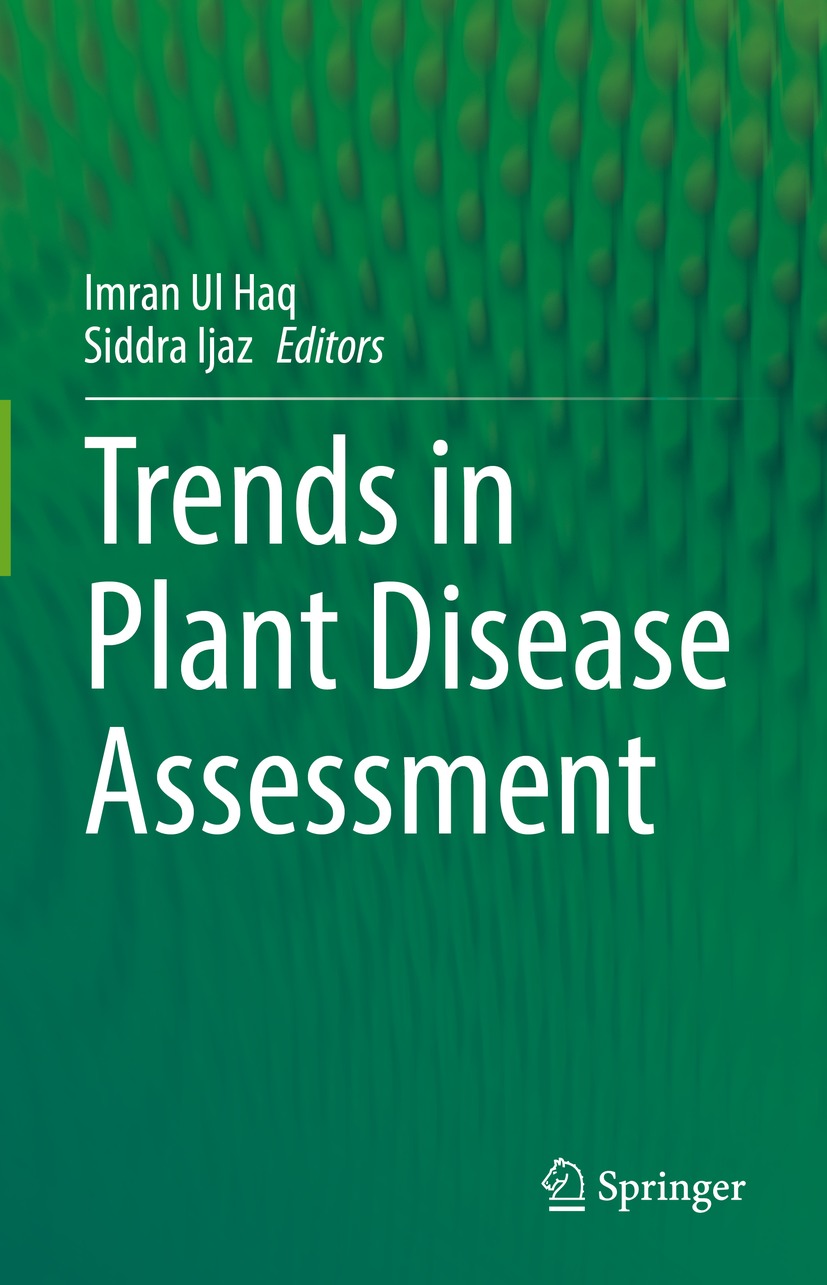The global population is growing at an alarming rate and is anticipated to reach about 9.6 billion by the end of 2050. Addressing the problem of food scarcity for budding population vis-à-vis environmental changes is the main challenge plant biologists face in the contemporary era. Plant growth and productivity are scarce in many areas of the world due to a wide range of environmental stresses. The productive land is dwindling progressively by various natural and anthropogenic means that lead to enormous crop losses worldwide. Plants often experience these stresses and have the ability to withstand them. However, when the stress exceeds the normal tolerance level, plants accumulate organic osmolytes, osmoprotectants, cryoprotectants and antioxidant enzymes, which helps them tolerate these stresses and assist in their acclimatization towards the particular ambiance needed for maintaining their growth and development. Physiological Mechanisms and Adaptation Strategies in Plants Under Changing Environment, Volume 1 discuss drought and temperature stresses and their mitigation through different means. This volume illuminates how plants that are bombarded by diverse and changing environmental stimuli, undergo appropriate physiological alterations that enable their survival. The information covered in the book is also useful in building apposite strategies to counter abiotic and biotic stresses in plants. Written by a diverse group of internationally renowned scholars, Physiological Mechanisms and Adaptation Strategies in Plants Under Changing Environment, Volume 1 is a concise yet comprehensive resource that will be beneficial for the researchers, students, environmentalists and soil scientists of this field.












